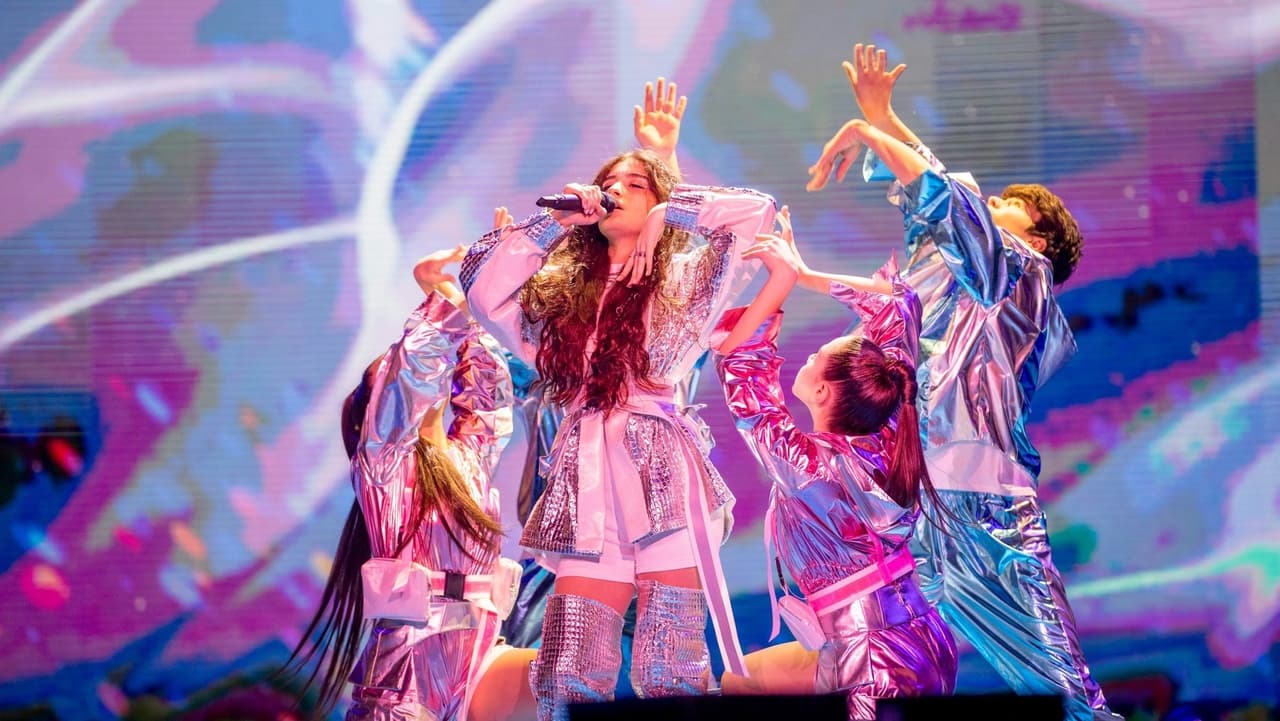
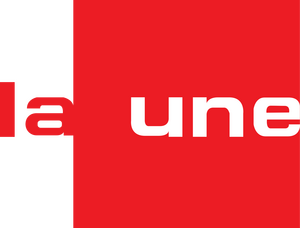
La Une
Featured Show:
Junior Eurovision Song Contest
The Junior Eurovision Song Contest, often shortened to JESC, Junior Eurovision or Junior EuroSong, is a song competition which has been organised by the European Broadcasting Union (EBU) annually since 2003 and is open exclusively to broadcasters that are members of the EBU. It is held in a different European city each year, however the same city can host the contest more than once.
La Une TV Shows
70 shows • Page 4 of 4
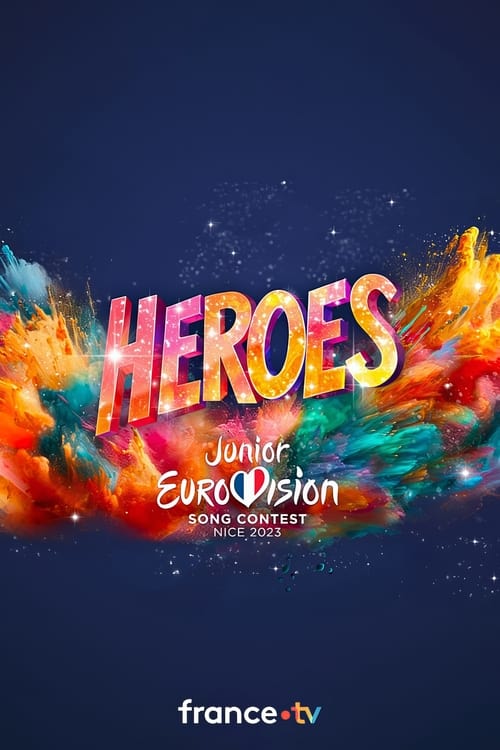
Junior Eurovision Song Contest
The Junior Eurovision Song Contest, often shortened to JESC, Junior Eurovision or Junior EuroSong, is a song competition which has been organised by the European Broadcasting Union (EBU) annually since 2003 and is open exclusively to broadcasters that are members of the EBU. It is held in a different European city each year, however the same city can host the contest more than once.
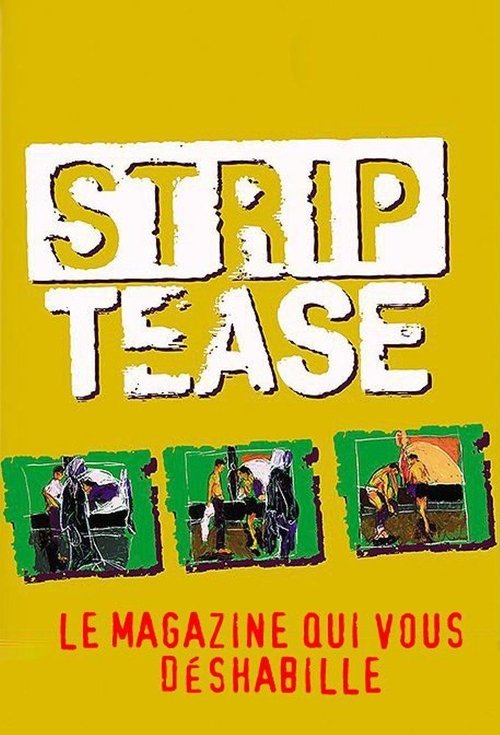
Strip-Tease
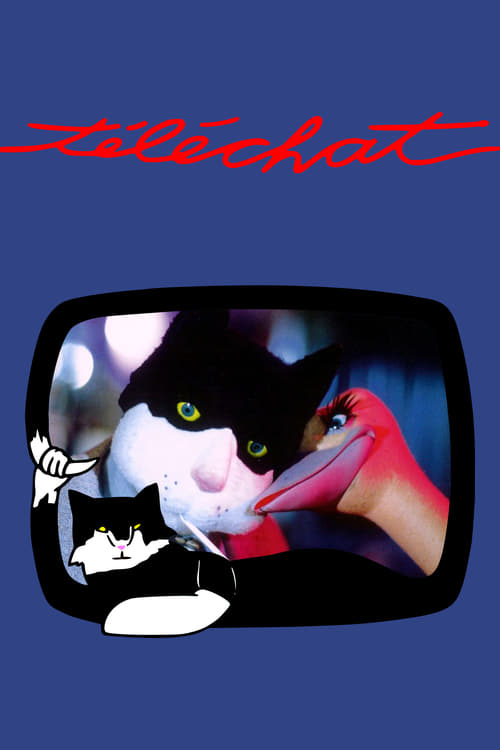
Telecat
Created by French surrealist artist Roland Topor and director Henri Xhonneux, Telecat is a news show parody hosted by a tomcat named Groucha (who always had his arm in plaster) and an ostrich named Lola. It featured a variety of sentient objects and revolved around the idea that the real-life elementary particles known as gluons were “the souls of objects”.
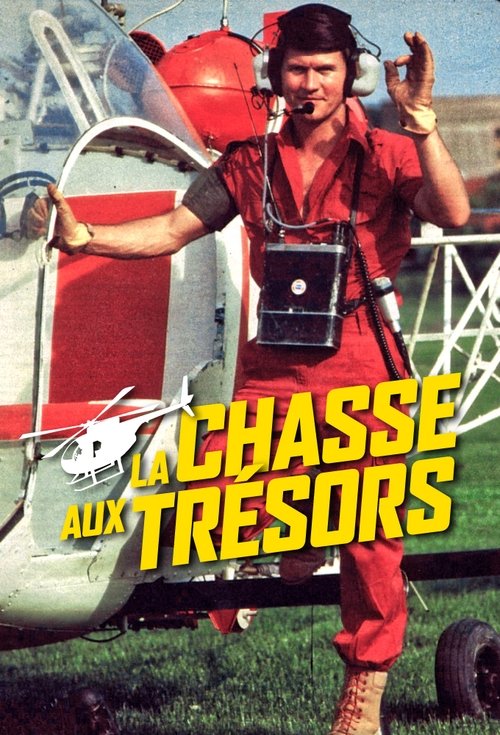 0
0La Chasse aux trésors

The Line
The series follows a group of Allied pilots who crashed in occupied territories during WWII. A network of civilians and Resistance fighters, "La Filière", is in charge of helping them pass from France to Spain so they can avoid capture.
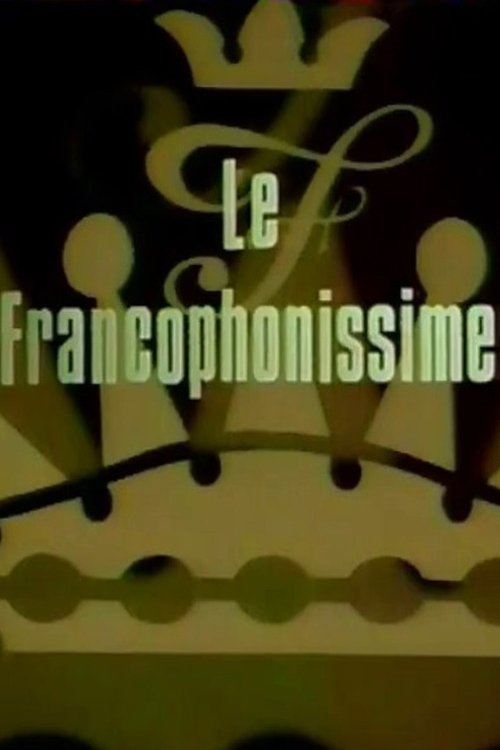 0
0Le Francophonissime
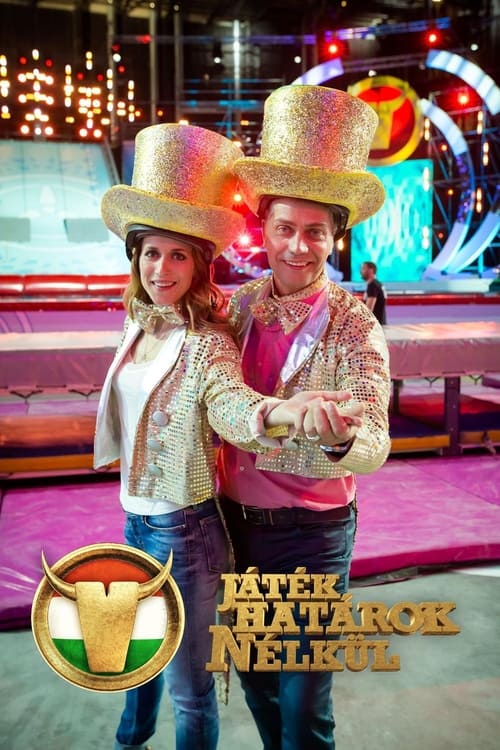
Jeux Sans Frontières
Jeux Sans Frontières was a Europe-wide television game show. In English-speaking countries, the show is also known as It's a Knockout, the title of the BBC's domestic version. In its original conception, it was broadcast from 1965 to 1999 under the auspices of the European Broadcasting Union and featured teams from different European countries in outlandish costumes competing to complete bizarre tasks in funny games. The original series run ended in 1982 but was revived a few years later with a different complexion of nations and hosted by smaller broadcasters. In the United Kingdom, participants came from the heats of It's a Knockout. The original presenter was Mcdonald Hobley, but he stayed for just one season before handing over to Katie Boyle, who in turn was replaced by David Vine and Eddie Waring. It was not until 1971 that the presenter most associated with the role, Stuart Hall, took over presenting the UK heats and also provided the British commentary for the international version along with Waring, who was better known as the BBC's Rugby League commentator. Wales had its own team between 1991 and 1994 and the programme was broadcast on S4C in Welsh by Iestyn Garlick.
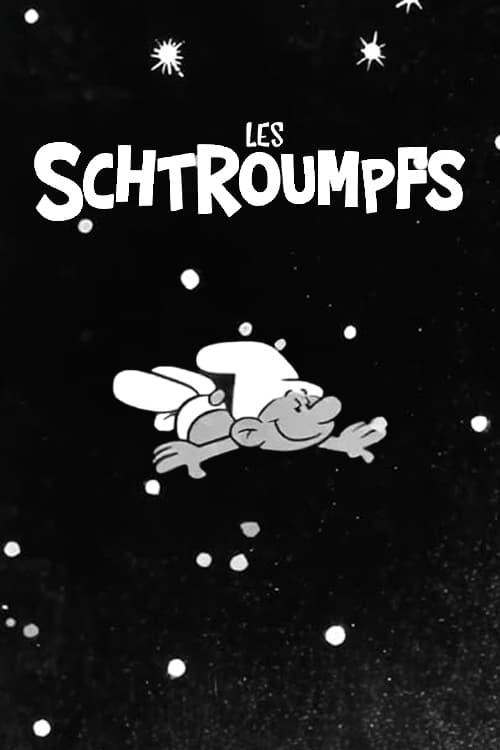 0
0Les Schtroumpfs
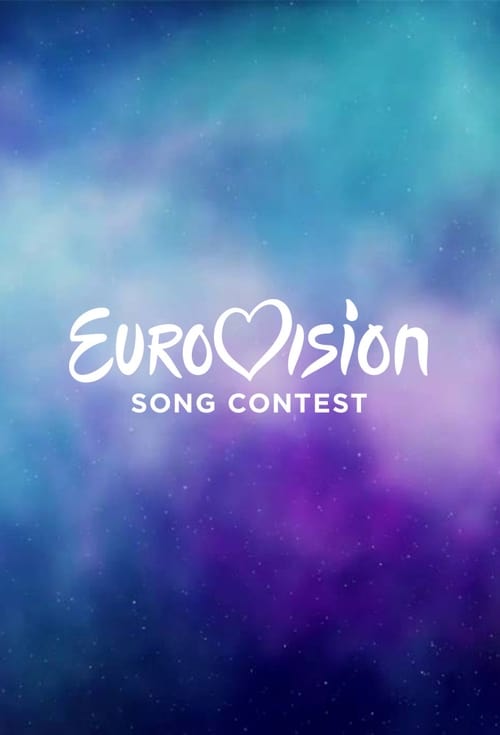
Eurovision Song Contest
The Eurovision Song Contest is an international song competition, organised annually by the European Broadcasting Union (EBU) and featuring participants representing primarily European countries. Each participating country submits an original song to be performed on live television and radio, transmitted to national broadcasters via the EBU's Eurovision and Euroradio networks, with competing countries then casting votes for the other countries' songs to determine the winner.
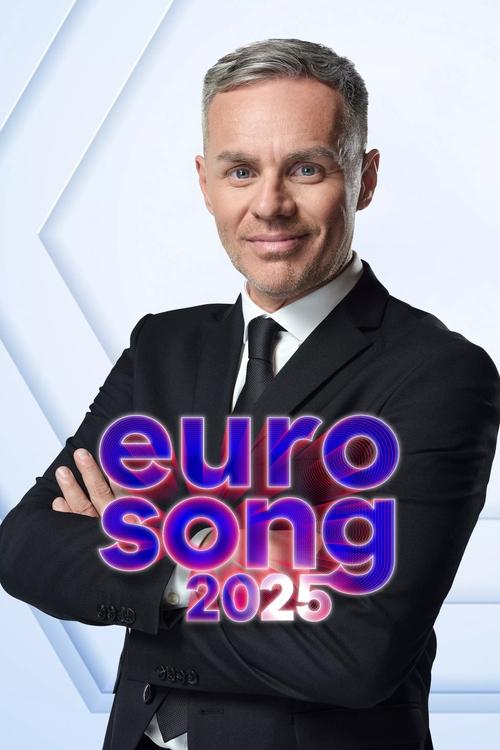 0
0Eurosong
Eurosong was the Flemish selection for the Eurovision Song Contest. It selected the Belgian entry to the Contest every second year. The last Eurosong was in 2008. Due the good result of Tom Dice in 2010, who was chosen internally, the VRT decided to cancel Eurosong.